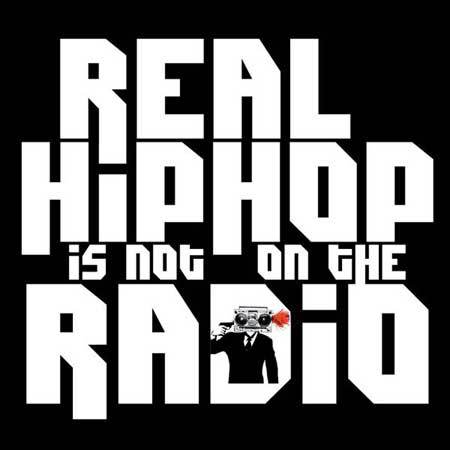Recently, I explored golden age hip-hop MCs in order to gain a better appreciation of hip-hop music and culture. After listening to 14 albums from female and male MCs and recognizing their impact on MCs today, I’ve come to realize that hip-hop music and culture have been miseducated to some listeners today. This is especially true when it comes to what it means to be a Black woman and a Black man.
Until last year, I hated hip-hop music and culture because I was taught by mainstream media that hip-hop had a certain image you had to aspire to. From middle school to ninth grade, I felt pressured to listen to hip-hop music whose subjects were either materialism, a new dance craze or sex.
As a girl, I also felt pressured to be a hip-hop cheerleader for misogynoir-filled songs like Jay Z’s “99 Problems” and Kanye West’s “Gold Digger.” In high school, I would realize that Black men were pressured to aspire to an image of materialism and violence through these songs and others.
By ninth grade, I would realize that there wasn’t any hip-hop music that reflected my experiences as a Black girl. I was different from most girls because I was nerdy and artsy. I felt alienated from my Black peers, ashamed of who I was and unsure of who I could be. Since I couldn’t see my experiences reflected in hip-hop music, I found refuge in alternative rock bands like Evanescence and Linkin Park.
I wouldn’t find hip-hop music I could relate to until 2012. At that time, I would discover Angel Haze, an underground female MC. After admiring her raw honesty in her cover of Eminem’s “Cleanin Out My Closet,” I decided to explore her mixtapes and spoken word poetry.
One mixtape called “Reservation” had songs that changed my life. “Smile N Hearts” perfectly captured the sense of alienation, self-hatred and hope that I had been feeling up to that point. In addition, the song showed me that hip-hop could be poetic through a beautiful and frank interlude without music.
Read more at www.blackgirlnerds.com


